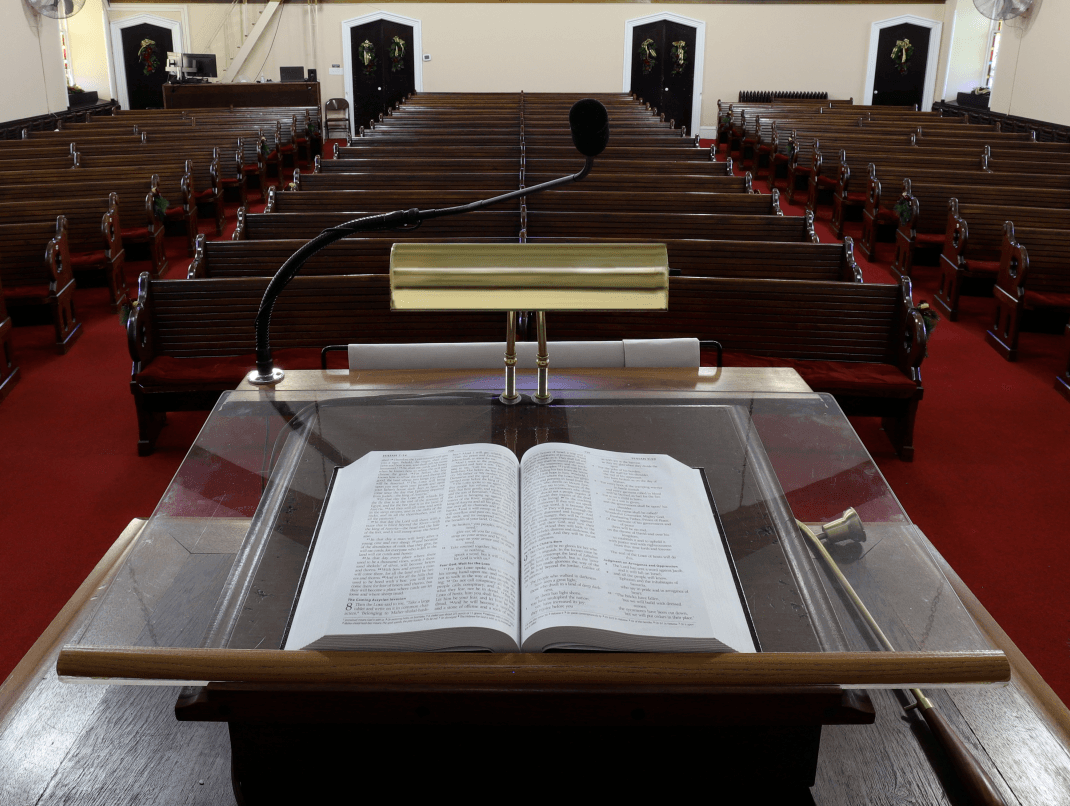Easter Thoughts
What Will Your Resurrected Body Be Like?
We have many questions about the end times. Rightly so, for it is a fascinating topic with lots of mysterious aspects, mysterious because some of these things have not happened yet, and it is hard to imagine what it will be like when they do. One of these end-times questions is especially relevant this time of year as Easter approaches: what will the resurrected body be like? We believe Jesus was raised from the dead, and Jesus promises that he will raise his people from the dead too. Jesus had his Easter moment, but he promises that each of us will have our own Easter moment. Just like Lazarus, we will come out of our tombs, but unlike Lazarus, we will never return to them. Someday we will leave the grave behind for good and be with our risen Savior forever. It is hard to imagine what that will be like, but it is the hope guaranteed for us by Easter. He is risen; he is risen indeed! Because he lives, we also will live. Because he rose, we likewise shall rise. That fills us with comfort and anticipation, but it also makes us wonder, what will my resurrected body be like?
This question is not new. It is a question Christians were asking the apostle Paul in the first century. Within Judaism, the native soil and natural habitat of original Christianity, the concept of the resurrection was familiar. The doctrine of the bodily resurrection is revealed in the Old Testament in places like Job 19:25-27, where Job exclaims his faith that even after his skin has decayed away, yet in his flesh he shall see his living Redeemer, and Isaiah 26:19, where Isaiah declares the word of the Lord that the bodies of the dead will rise and live again. This doctrine was the dominant belief of Jews in Paul’s day, but his Gentile converts were Hellenized pagans, like the Greeks and Romans in the Church of Corinth. The idea of bodily resurrection was a foreign concept to them, one they found offensive to their native worldview. To the Greek mind at the time, if an afterlife was believed in at all, it was certainly going to be non-physical and immaterial. The soul finally escapes the body at death and goes to a purely spiritual realm where the body is no longer needed. They thought of the physical body like a tomb, and the resurrection is when the soul finally rises from the body and goes to heaven forever. Sound familiar? The biblical view is that our bodies will not be left behind in the end. They will rise.
Many Greek-minded Christians in Corinth carried their familiar pagan beliefs about the afterlife into Christianity and challenged Paul’s teaching about the resurrected body. Paul responds to their questions and objections in 1 Corinthians 15. While Paul fully anticipates going to heaven after death, he forcefully denies that this condition is permanent. As I once heard one pastor put it, “Heaven is important, but it’s not the end of the world!” At the second coming, the departed souls in heaven return to earth with Jesus by reuniting with their resurrected bodies, and those who are alive at that time will be changed in the twinkling of an eye. The Corinthians just couldn’t imagine what the resurrected body would be like. Paul says it will be like when a farmer plants seeds in his field. When the seed goes into the ground, it is transformed into a completely new form. The seed passes away, and a plant rises from the ground. There is radical change, but there is also real continuity—the seed morphs into the plant. The underlying substance remains the same, but the form it takes is radically different. So also with the resurrected body, Paul says. The physical body of flesh and blood is planted in the earth at death, and at the resurrection the body rises in a completely new form, but it is still you, still your own body, only it now has been glorified, conformed completely into the likeness of Jesus’s resurrected body. No longer a perishable body of mere flesh and blood, it will be an immortal body like that of an indestructible spirit. That is the hope of Easter. That is the promise of Jesus to everyone who trusts in him.
The Pastor's Pen





